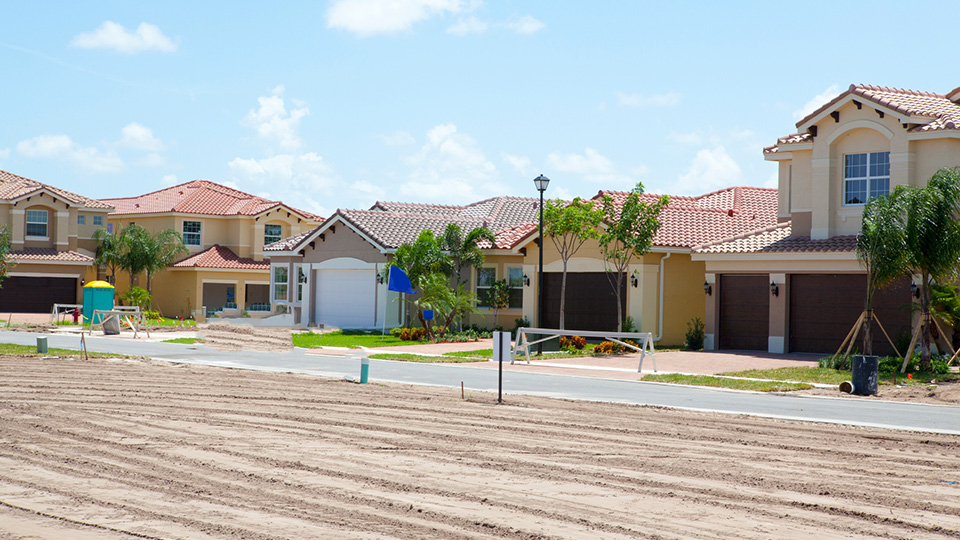New rules for vacant land expense deductions
August 20, 2018

At present, owners of vacant residential and commercial land, in some circumstances, are able to claim a deduction for various related costs (e.g. rates, interest expenses) in their annual tax returns provided their intention is to earn an income from what they build on the land.
In the 2018 Federal Budget the government announced it would remove such deductions. The change will come into effect from July 1, 2019.
‘Intent’ is rather a loose concept, and the government expressed concerns that in many cases the deductions are being claimed even where there is no genuine intention to earn assessable income from the land.
It is part of the government’s strategy to counter ‘land banking’, which it partly blames for reducing the supply of land available for development.
This often sees landowners claim the tax deductions then on-sell the land at a profit without ever producing assessable income from it.
Under the new rules, deductions will only be allowed for expenses incurred after a newly constructed property has been approved for occupation and is available for rent.
Expenses incurred prior to that time will be able to be carried forward and included in the cost base of the property for capital gains tax purposes.
The rules apply to all entity types – individuals, companies and trusts.
However, there is an exclusion for entities that are carrying on a business. This means primary producers and most property developers will not be affected by this change.
It is believed this measure will raise $50 million in revenue for the government from 2020 to 2022.
Are you affected?
Some of the fine details are yet to be clarified, so if you hold vacant land and have been claiming this deduction make sure you obtain up to date advice.
One of our experienced tax experts can help.
Call us on (03) 9875 2900 or fill out the enquiry form below and we’ll be in touch.
